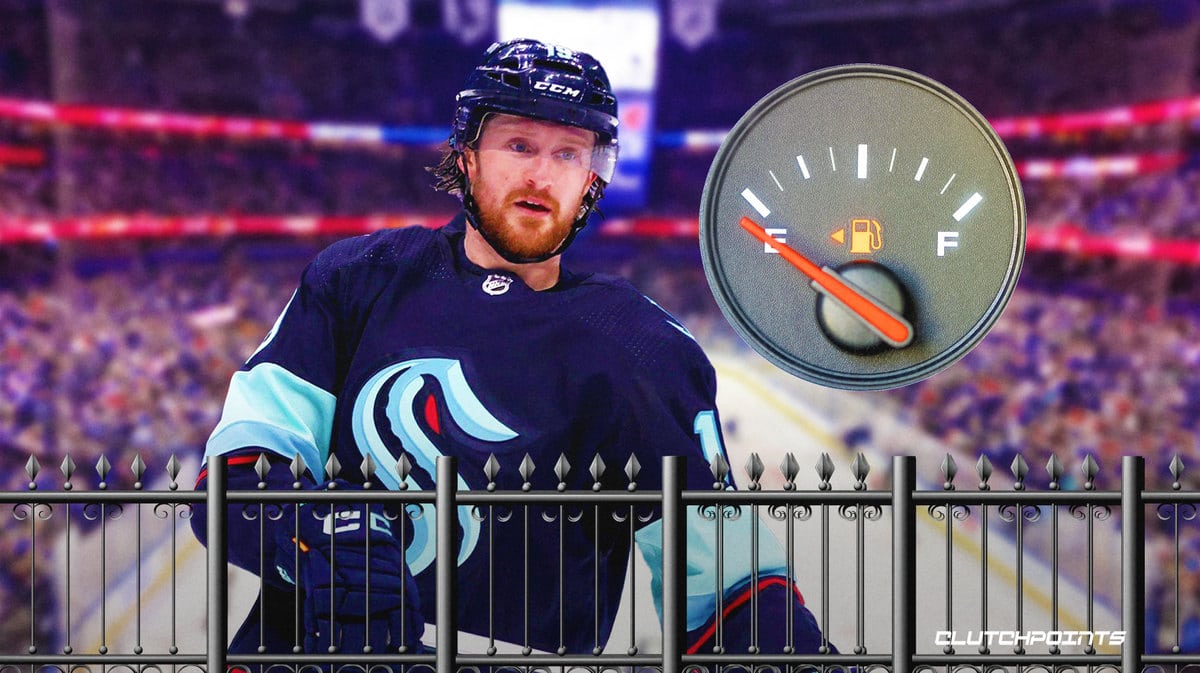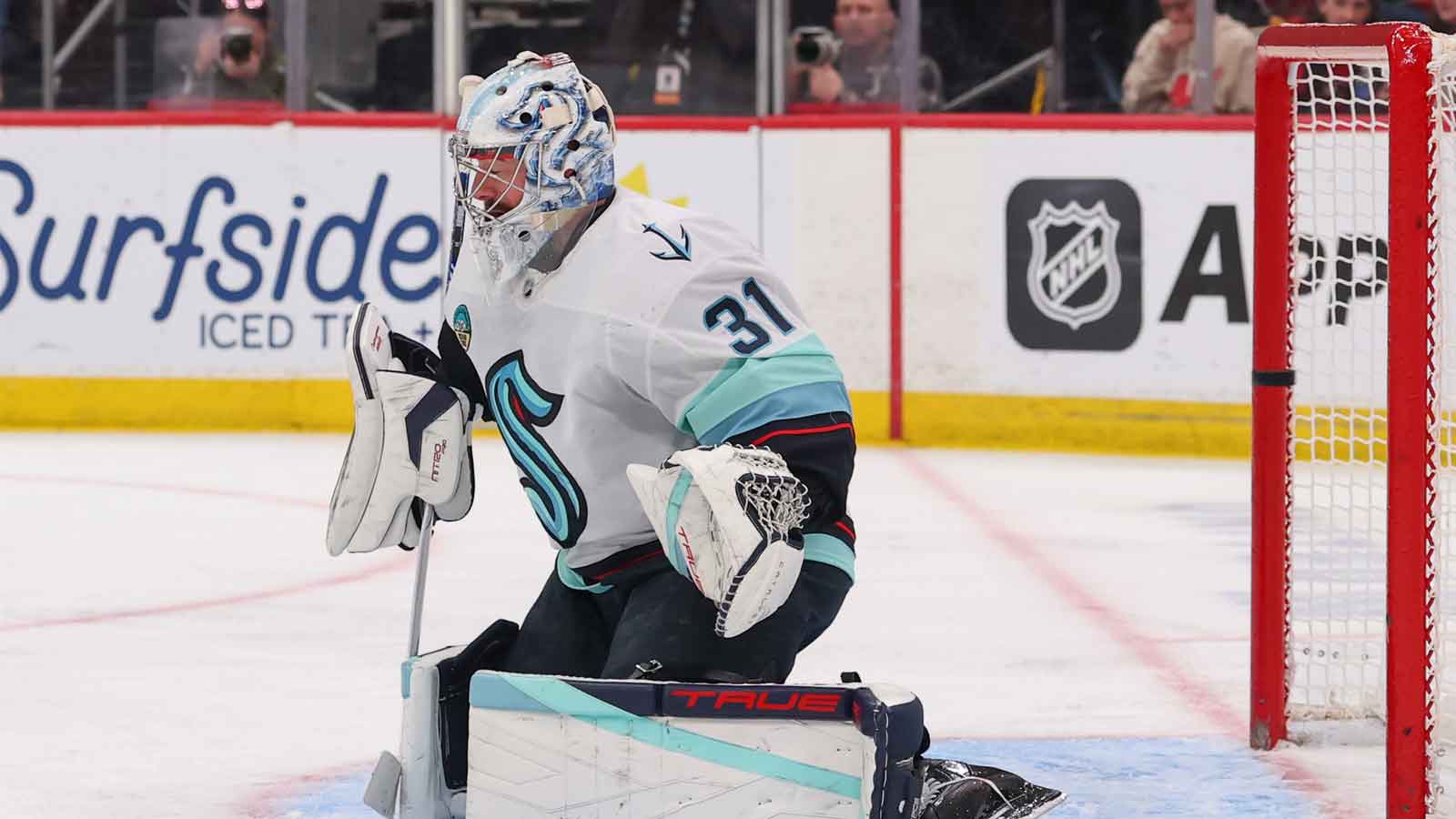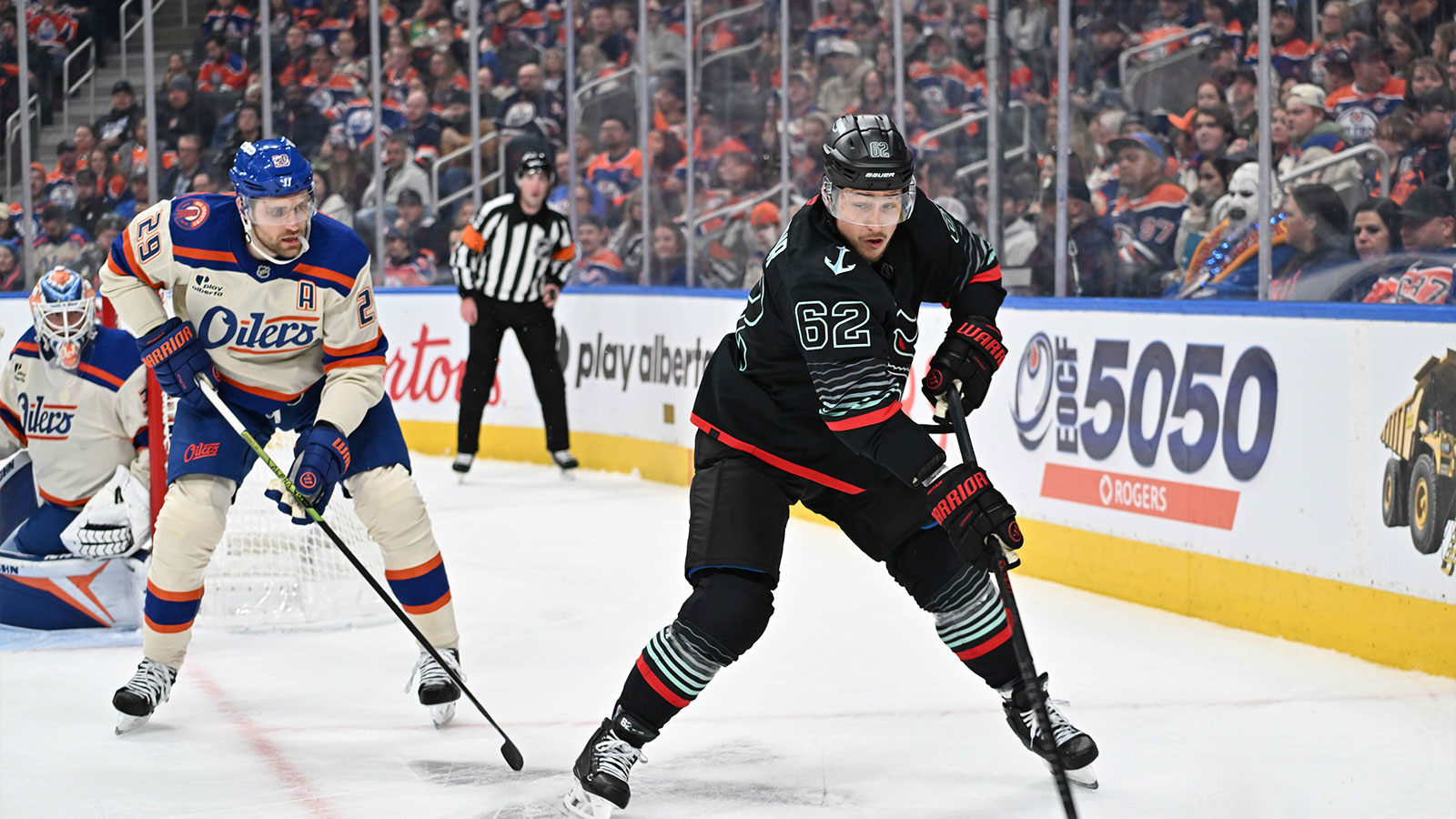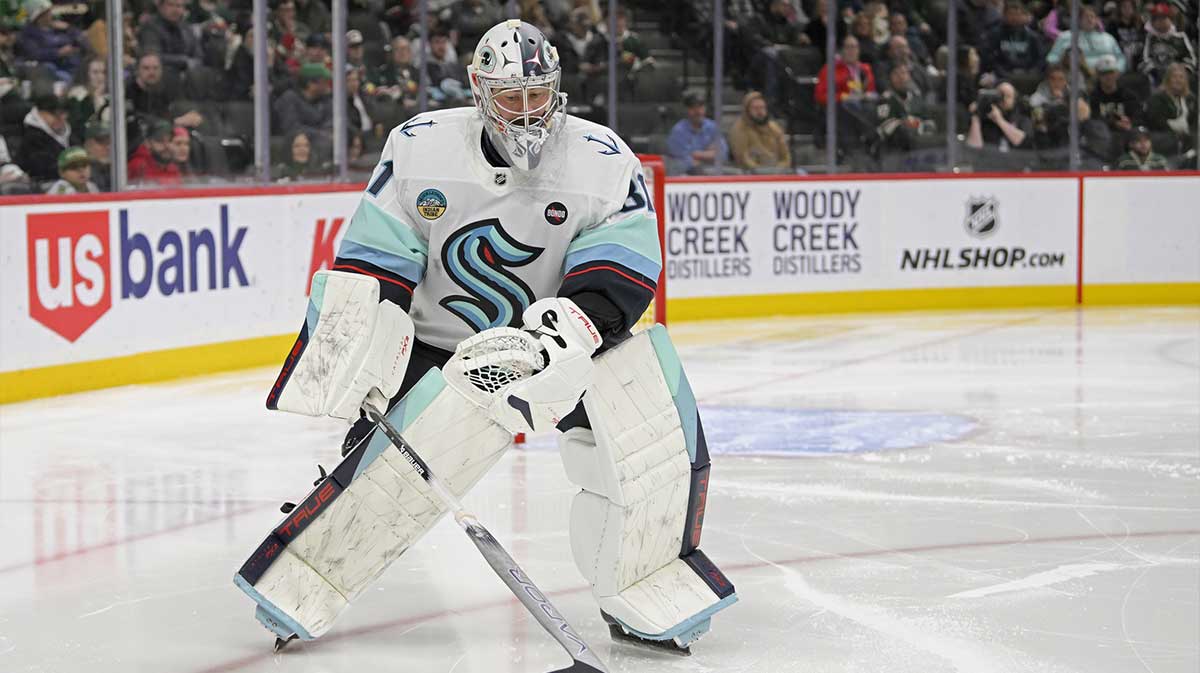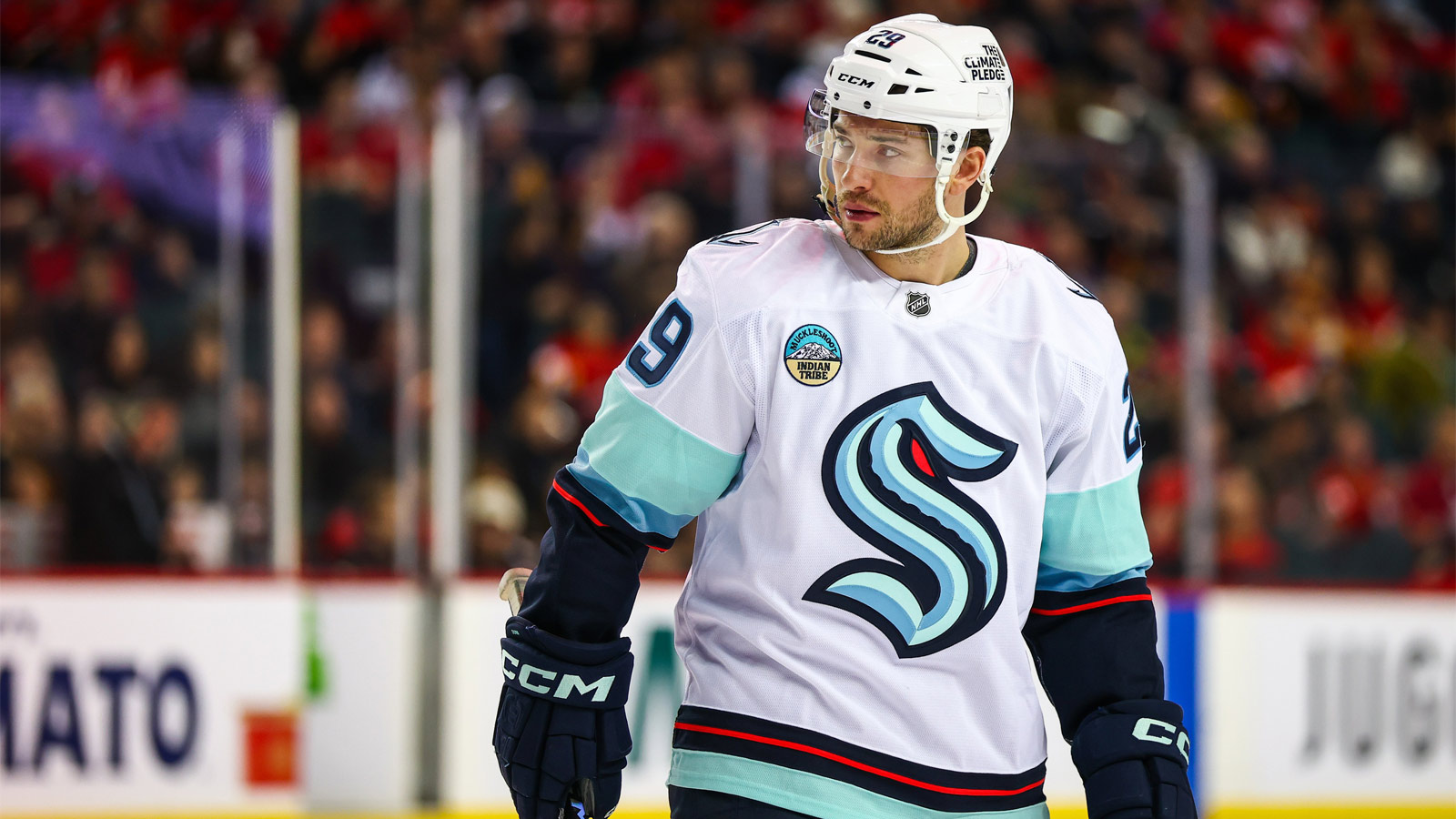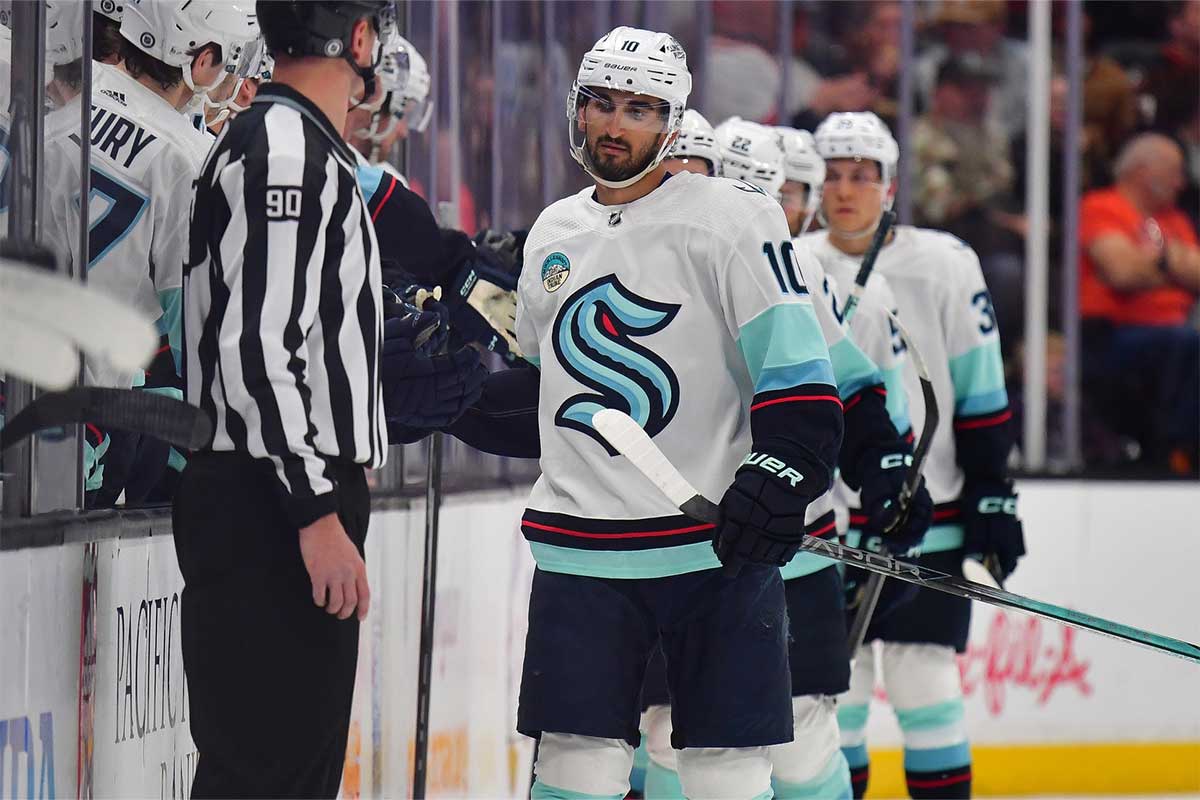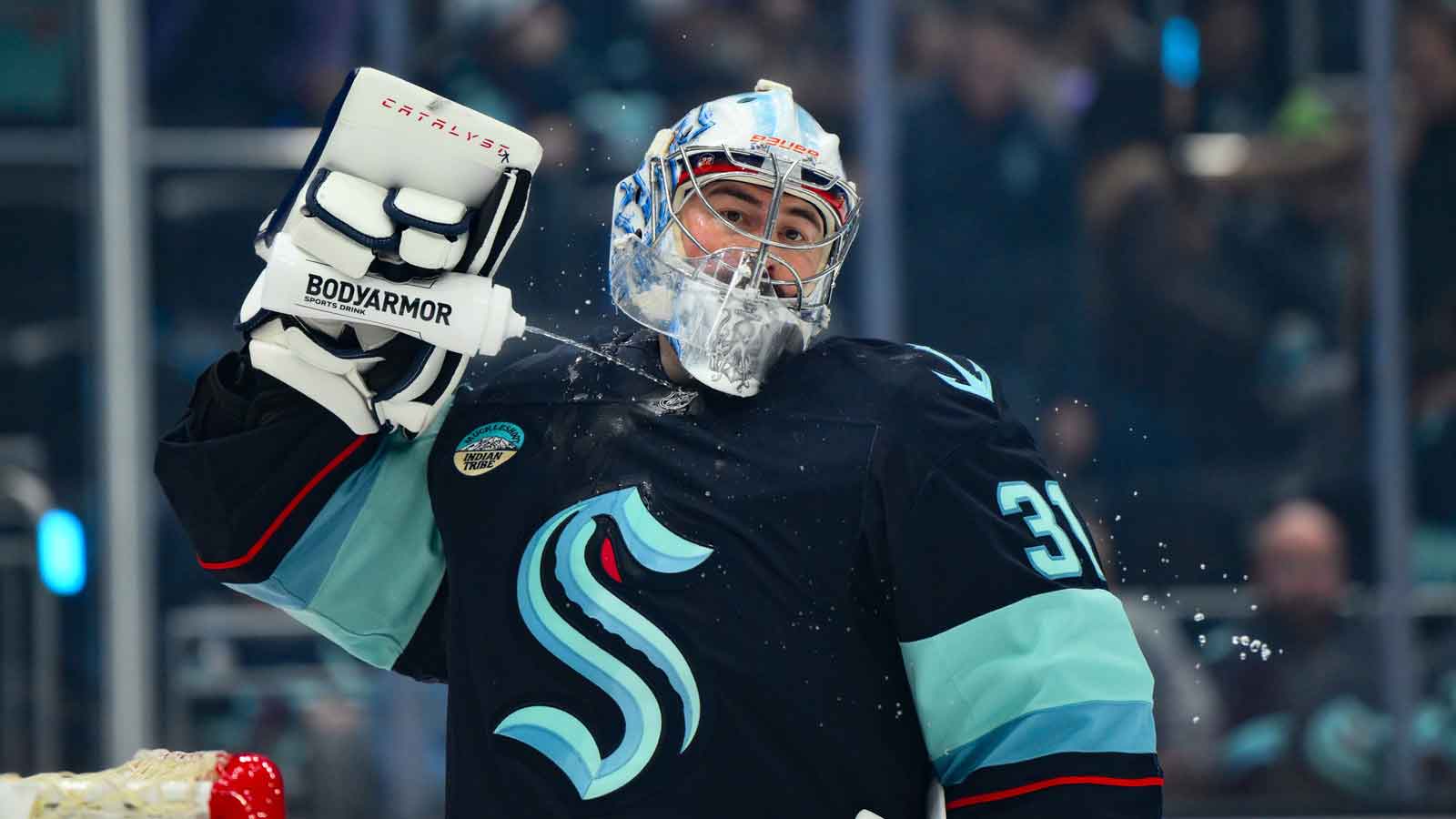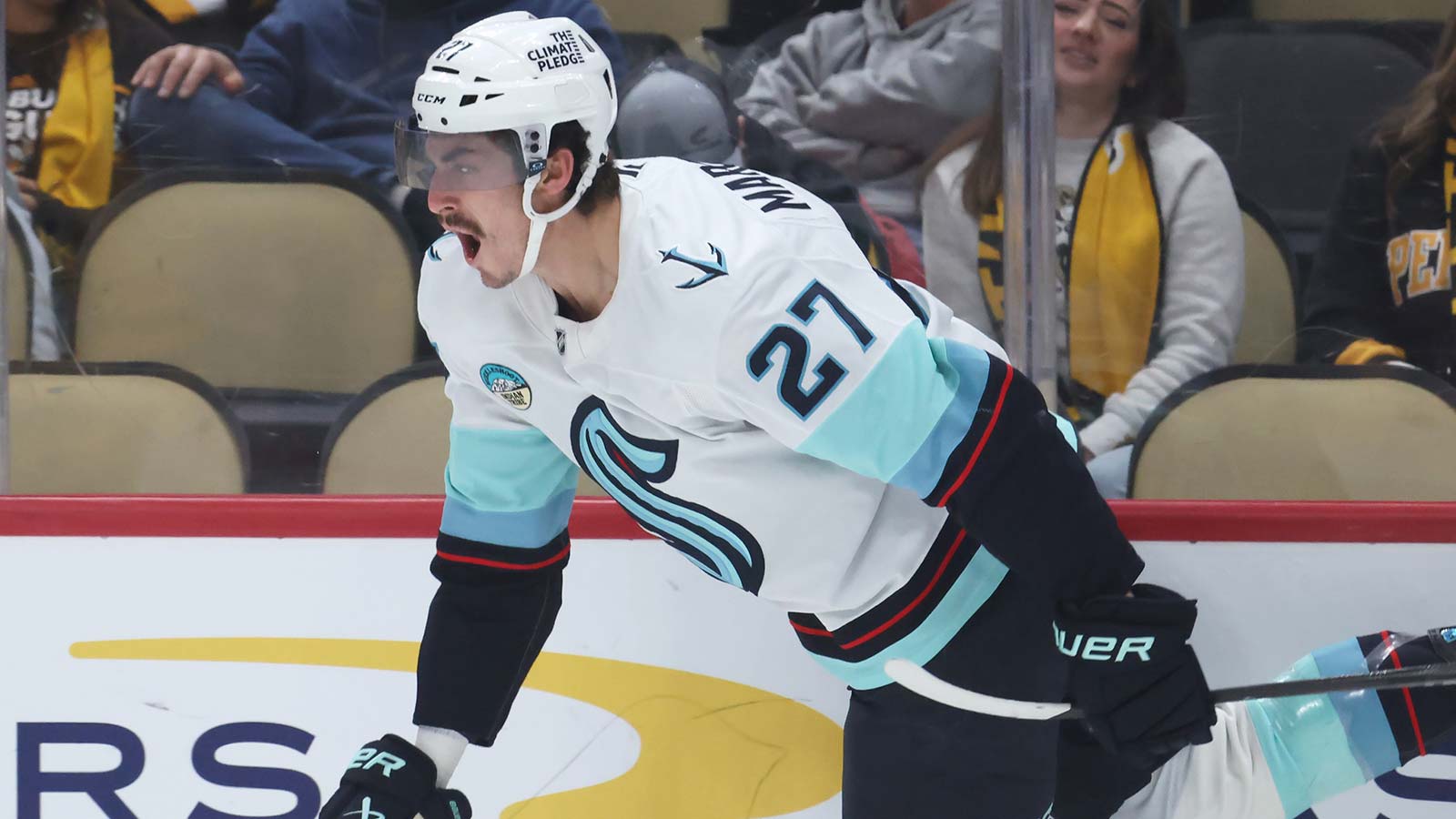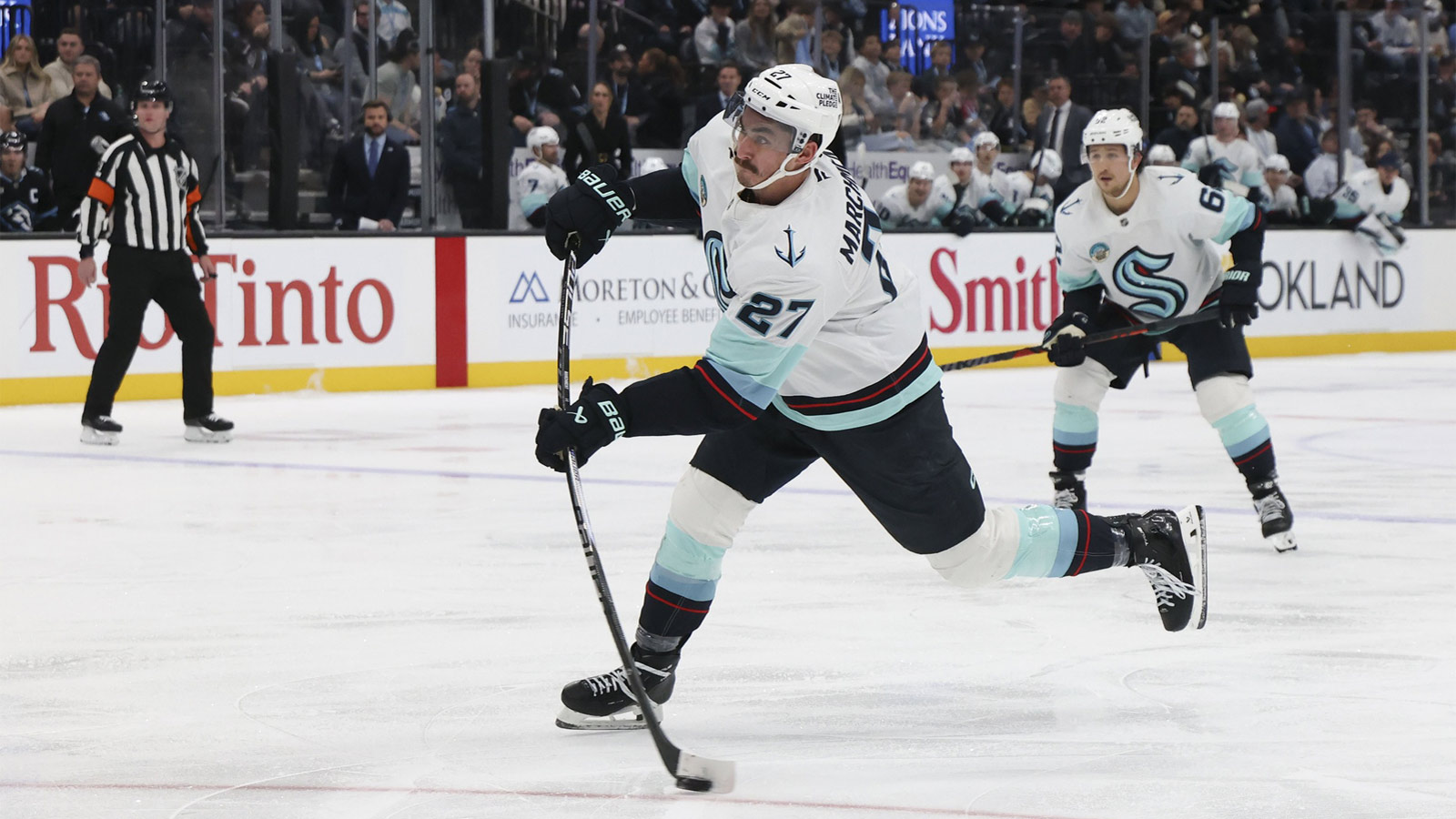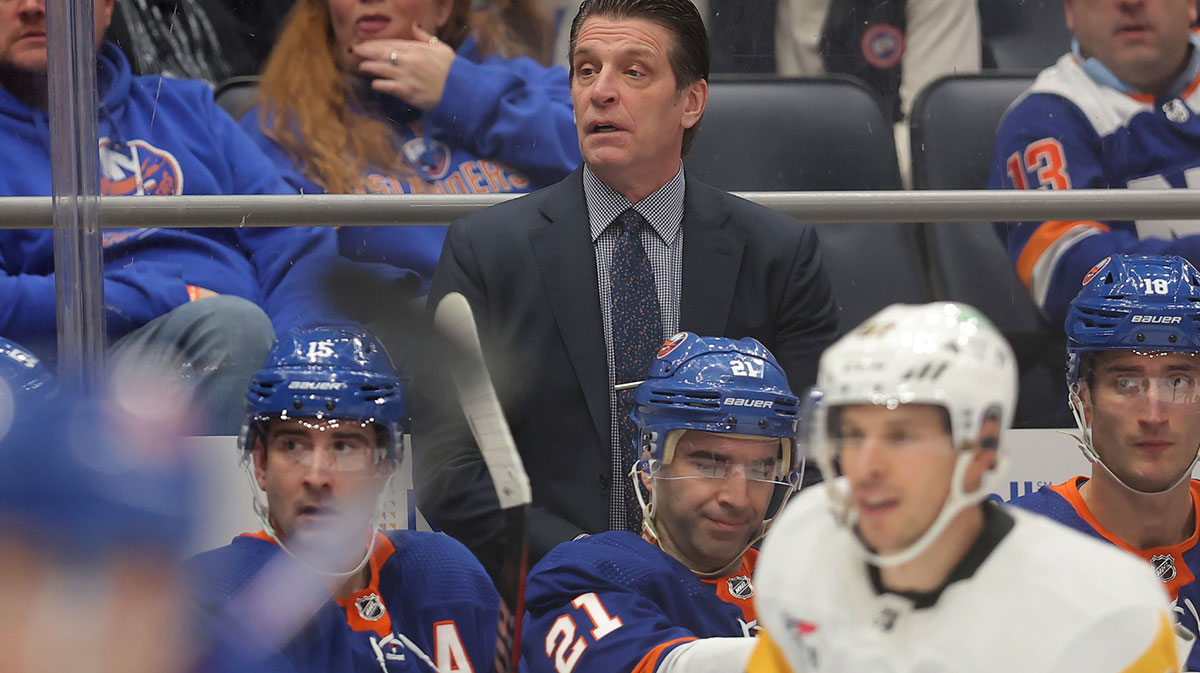The clock struck midnight for the Seattle Kraken on Monday night.
In just their second season, the Kraken took a massive step forward. They improved by 19 wins and 40 points over their debut season, made their first-ever playoff appearance and knocked out the defending-champion Colorado Avalanche in the first round. This season was already a massive success for Seattle, but seeing it end in Game 7 of the second-round series against the Dallas Stars still hurts.
Because the Kraken were already playing with house money, there isn't too much to criticize following their defeat. However, there are a couple of notable reasons why they lost the series.
With that being said, here are the two biggest reasons why the Kraken lost their second-round NHL playoff series to the Stars.
Power-play woes
When looking at the stats, there weren't many areas where Seattle outright lost. The shots were relatively even, and the Kraken were the far more physical team with more hits in each game, except Game 6 when both teams had 46. Dallas was much better on face-offs, but that's not a huge deal when Seattle more than made up for it in other areas.
However, the one area where the Kraken struggled and it really cost them was on the power play. Seattle was unable to take advantage of its chances, scoring on just 2 of 14 opportunities in the series. That power play was especially bad on the road, not scoring a single goal on seven chances.
To be fair, the Kraken weren't a great power-play team in the regular season, ranking 21st in the league at 19.8 percent. They also weren't great on it against the Avalanche, going 2-for-21 in that seven-game series. So it isn't too surprising to see that power play struggle again here.
However, this should be an area the Kraken prioritize heavily this offseason as it's one of the few true weaknesses on the roster.
The Kraken ran out of gas
Simply put, Seattle was running on empty towards the end of the series. After their strong showing in Game 6, the Kraken just looked tired in Game 7.
There were several long stretches of time on Monday night where Seattle could hardly generate any offensive pressure at all. Their strong defense and a good performance by goaltender Philip Grubauer kept the game within reach, but no team can win without some strong offensive presence. Even when Oliver Bjorkstrand scored to break the shutout with 18.2 seconds left, it was too little, too late.
To be fair, it's understandable why the Kraken would be exhausted by this point. They just endured two seven-game series against two very good teams, and that comes after a full 82-game regular season. Their style of play, one that emphasizes strong defensive play and limiting opponents' chances, also puts a lot of wear and tear on the body.
Even with this disappointing end, the Kraken established themselves as a team to watch in the future. If they keep building, they will be a threat for a while with their depth and promising youth.

